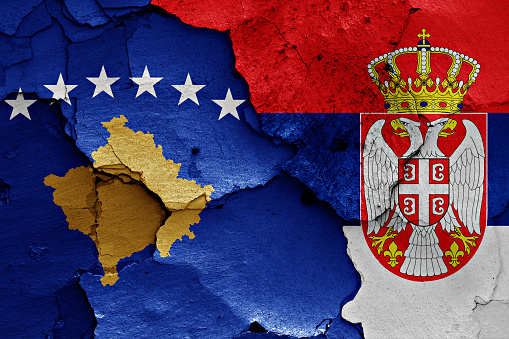In the January vote about judiciary changes, Serbian citizens decided to change the elections of judges and prosecutors and provide greater independence from political influence to the Serbian judiciary.
However, Kosovo Serbs were not allowed to vote in the referendum in northern Kosovo but had to vote in south Serbia, in the liaison office in Prishtina or by mail. The restrictive move of Kosovo authorities sparked the reluctance of Serbs living in Kosovo, and Serbian President Aleksandar Vučič criticized Kosovo authorities, claiming that Kosovo rejected the right to vote of Kosovo Serbs.
Also, the European Union and the US expressed their concerns about the rejection of the right to vote of Kosovo Serbs.
Despite the tensions mentioned above, a referendum took place, and Kosovo Serbs voted in Serbia. However, the pressures that the move of the Kosovo administration sparked have caused a deepening of the gap between Kosovo and Serbia. As the Serbian parliamentary and presidential elections are taking place on April 3 this year, the same situation could repeat. Kosovo authorities may reject the right to vote of Kosovo Serbs in Kosovo. That could trigger civil unrest in northern parts of Kosovo and a severe diplomatic crisis, which has the potential to throw Kosovo and Serbia back to years when diplomatic connections were weak, and hostilities so intense that it took a decade to remedy the uneasy situation.
Therefore, Kosovo and Serbia should communicate about the scenario, which would secure the right to vote to all eligible voters in northern parts of Kosovo, where most of the population consists of Serbs.

